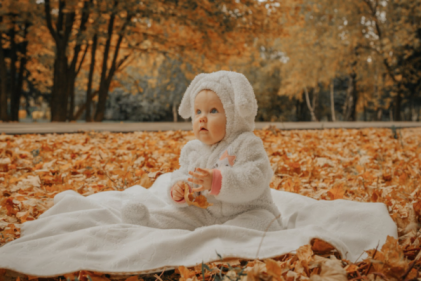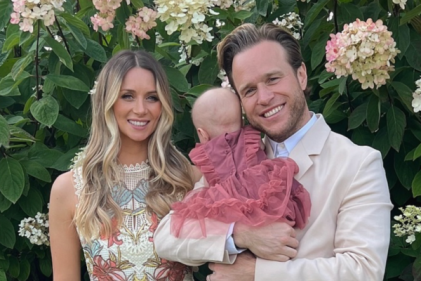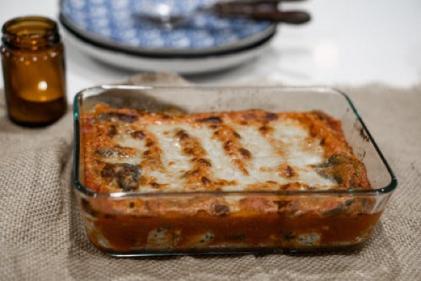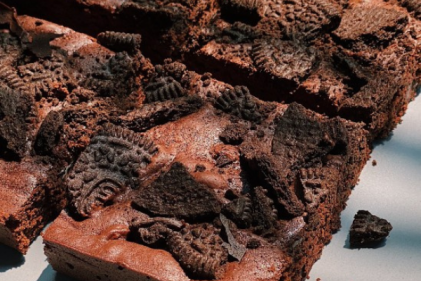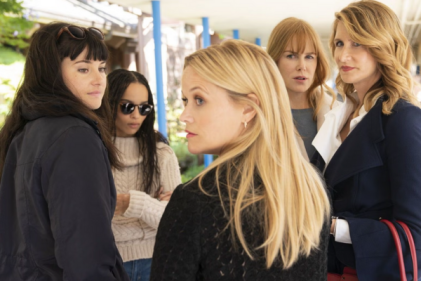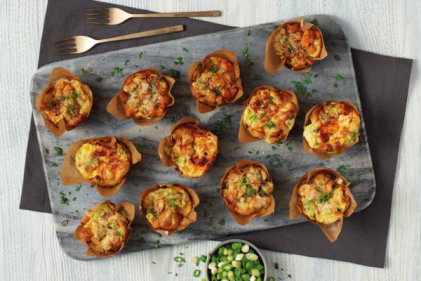Salmonella is a nasty type of bacteria that can be found in poultry, eggs, unprocessed milk, meat and water. It is also carried by pets like turtles and birds.
Salmonella bacteria attack the stomach and intestines first. In serious cases, the bacteria become more aggressive, and may enter the lymph system, which carries water and protein to the blood, and eventually it may enter the blood itself. The bacteria are not discriminate and will attack all age groups and both sexes. Children, the elderly and those who already have compromised immune systems are more likely to get a serious infection. The symptoms of salmonella poisoning are diarrhoea or constipation, headaches, stomach cramps, nausea and vomiting, fever, and possibly, blood in the faeces.
In less serious infections there may be fewer symptoms, usually only diarrhoea two or three times a day for a few days. Mild types of salmonella infection will clear up in four to seven days without requiring any treatment other than rest and plenty of liquid.
In cases of severe infection there may be excessive diarrhoea, stomach cramps and general health problems. Treatment with antibiotics is necessary and a doctor should be consulted if you have any of the following symptoms:
• diarrhoea for more than twenty four hours
• the diarrhoea is frequent and intense
• severe stomach cramps
• there is blood in the faeces
• have a fever of thirty-eight degrees centigrade or higher
• dehydration
• have signs of jaundice (a yellowish discolouration of the skin or eyes).
Dehydration can be dangerous, especially for babies and the elderly. Frequent diarrhoea and vomiting drains the body of fluids, salts and minerals. Dehydration happens when you lose more liquid than you take in. Signs of dehydration are:
• the tongue and the mucous membranes in the mouth are dry
• dry, chapped skin
• increased thirst
• dark coloured urine
• a lack of or decreased urine output
• weakness
Salmonella infections can be prevented by paying close attention to cleanliness and making sure that all food is thoroughly cooked. Some basic rules when preparing food are:
• Always wash your hands with soap and water after going to the toilet and before preparing food. Dry them on a clean, dry towel.
• Wash your hands when you switch from preparing one type of food to another, for example: vegetables to meat. This helps prevent the exchange of bacteria between different ingredients.
• Kitchen utensils must be properly washed with soap and water before use with another type of food. This also stops bacteria being transferred.
• Use different cutting boards and knives for preparing different foods.
• Change the dishcloth every day. Wash dishcloths in water that is at least sixty degrees centigrade and add a little household chlorine bleach to the water.
• Store food in the refrigerator. Meat, poultry and fish must not be left out of the fridge for long periods. And don't store raw food with cooked food, for example don't store pieces of raw chicken with pieces that have been previously cooked.
To effectively kill the salmonella bacteria it is essential to cook food thoroughly. Poultry and minced meat must always be thoroughly cooked or boiled, no pink showing. Don't crack a raw eggs open on a bowl containing other foods; use a knife to crack the shell instead. The salmonella bacteria live on the egg shell. Eggs should be scalded in boiling water for five seconds before use to kill the bacteria. Eating raw eggs is a risky business.
Salmonella bacteria attack the stomach and intestines first. In serious cases, the bacteria become more aggressive, and may enter the lymph system, which carries water and protein to the blood, and eventually it may enter the blood itself. The bacteria are not discriminate and will attack all age groups and both sexes. Children, the elderly and those who already have compromised immune systems are more likely to get a serious infection. The symptoms of salmonella poisoning are diarrhoea or constipation, headaches, stomach cramps, nausea and vomiting, fever, and possibly, blood in the faeces.
In less serious infections there may be fewer symptoms, usually only diarrhoea two or three times a day for a few days. Mild types of salmonella infection will clear up in four to seven days without requiring any treatment other than rest and plenty of liquid.
In cases of severe infection there may be excessive diarrhoea, stomach cramps and general health problems. Treatment with antibiotics is necessary and a doctor should be consulted if you have any of the following symptoms:
• diarrhoea for more than twenty four hours
• the diarrhoea is frequent and intense
• severe stomach cramps
• there is blood in the faeces
• have a fever of thirty-eight degrees centigrade or higher
• dehydration
• have signs of jaundice (a yellowish discolouration of the skin or eyes).
Dehydration can be dangerous, especially for babies and the elderly. Frequent diarrhoea and vomiting drains the body of fluids, salts and minerals. Dehydration happens when you lose more liquid than you take in. Signs of dehydration are:
• the tongue and the mucous membranes in the mouth are dry
• dry, chapped skin
• increased thirst
• dark coloured urine
• a lack of or decreased urine output
• weakness
Salmonella infections can be prevented by paying close attention to cleanliness and making sure that all food is thoroughly cooked. Some basic rules when preparing food are:
• Always wash your hands with soap and water after going to the toilet and before preparing food. Dry them on a clean, dry towel.
• Wash your hands when you switch from preparing one type of food to another, for example: vegetables to meat. This helps prevent the exchange of bacteria between different ingredients.
• Kitchen utensils must be properly washed with soap and water before use with another type of food. This also stops bacteria being transferred.
• Use different cutting boards and knives for preparing different foods.
• Change the dishcloth every day. Wash dishcloths in water that is at least sixty degrees centigrade and add a little household chlorine bleach to the water.
• Store food in the refrigerator. Meat, poultry and fish must not be left out of the fridge for long periods. And don't store raw food with cooked food, for example don't store pieces of raw chicken with pieces that have been previously cooked.
To effectively kill the salmonella bacteria it is essential to cook food thoroughly. Poultry and minced meat must always be thoroughly cooked or boiled, no pink showing. Don't crack a raw eggs open on a bowl containing other foods; use a knife to crack the shell instead. The salmonella bacteria live on the egg shell. Eggs should be scalded in boiling water for five seconds before use to kill the bacteria. Eating raw eggs is a risky business.

